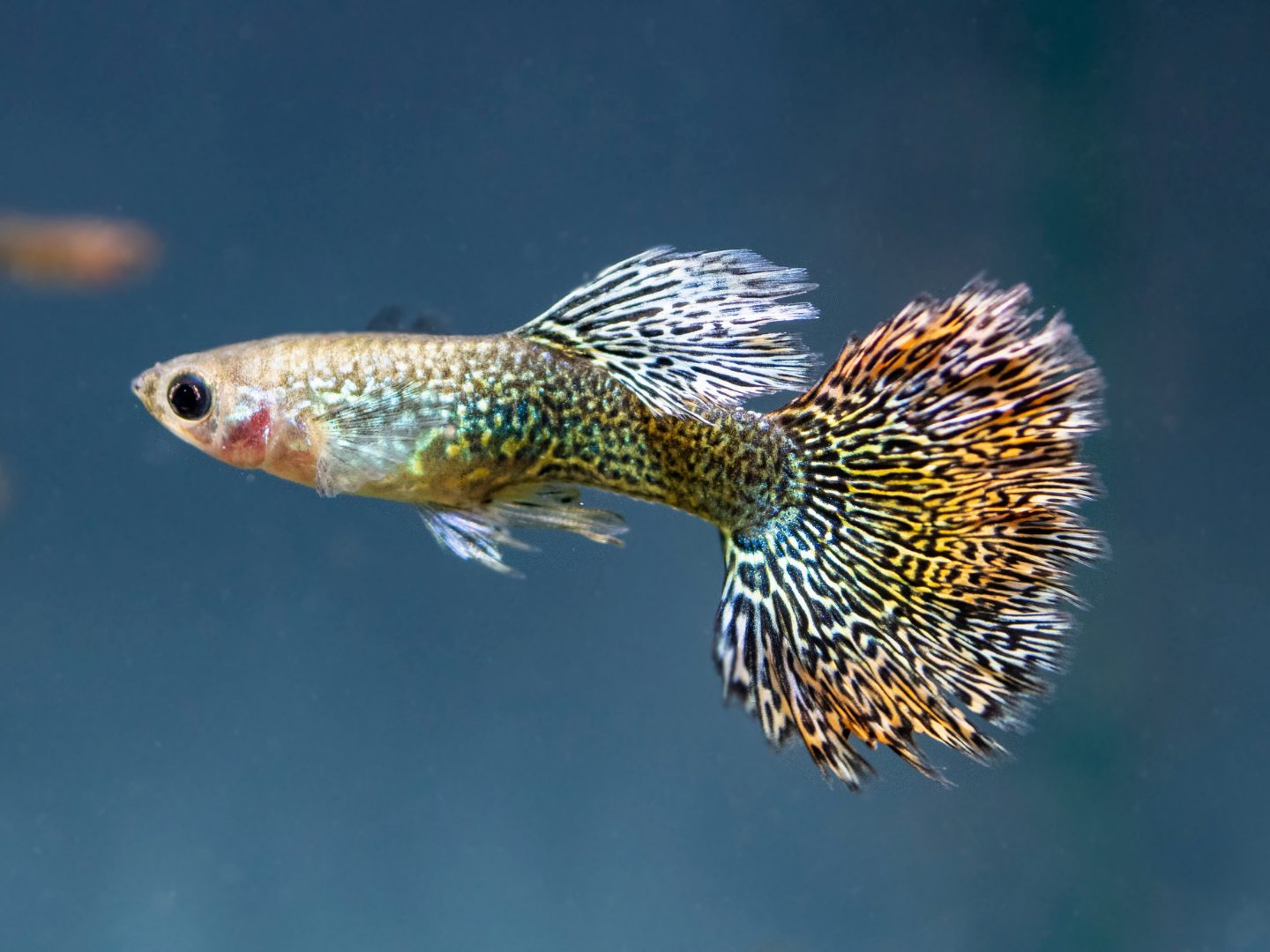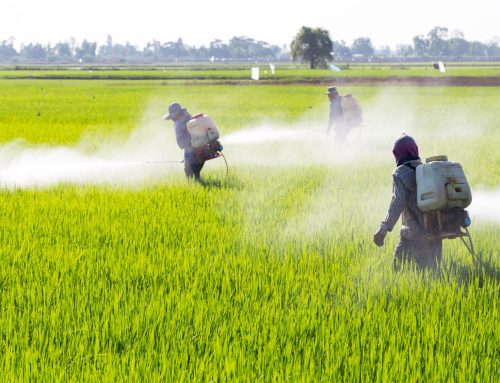by Kyle Morrison, University of New South Wales
In freshwater and marine ecosystems around the world, pesticides are silently shifting the ways in which fish socialise and interact. A recent study has analysed data from 37 experiments that tested the impacts of 31 different pesticides on 11 different fish species. They found that before reaching lethal concentrations, exposure to these agricultural chemicals can lead to changes in their social behaviour. The study demonstrates how pesticide exposure at sublethal concentrations can make fish less social, less territorial, and less likely to court and reproduce. These changes in behaviours are alarming as they are essential for maintaining stable fish populations and healthy aquatic ecosystems.
Morrison and collaborators reveal that pesticides that disrupt hormones and neural functions caused the largest impacts on social behaviour, illustrating the link between a fish’s body function and its behaviour. Furthermore, this study found that differences between species was low, indicating that pesticide impacts on social behaviour is consistent across species. It also showed that researchers typically expose easy to work with model species in the lab and may use concentrations that do not reflect those found in the environment.

Guppy (Poecilia reticulata) also known as a rainbow fish, is one of the world’s most widely distributed tropical fish. Credit DarkoCvphotography from Getty Images via Canva.com
Careful consideration of the subtle impacts of pesticides on social behaviour is needed. It is critical now that regulatory frameworks consider these subtle impacts when assessing for pesticide safety. This in turn, can help us detect pollution earlier and reduce the overall impacts pesticides are having on our aquatic ecosystems.
Future researchers should maintain their interest on the impacts of pesticides on fish behaviours while being mindful to investigate more species and maintaining environmentally relevant concentrations.
If we act with urgency, we can begin to limit the impacts pesticides are having on our planet.
Kyle Morrison is a PhD candidate at the University of New South Wales (UNSW). His primary research interests focus on understanding how animals are affected by pesticide pollution using research synthesis methods. Additionally, he is interested in improving the reporting and methodological standards of scientific articles, aiming to enhance transparency and reliability in research and better inform future scientific investigations and policy-making.





